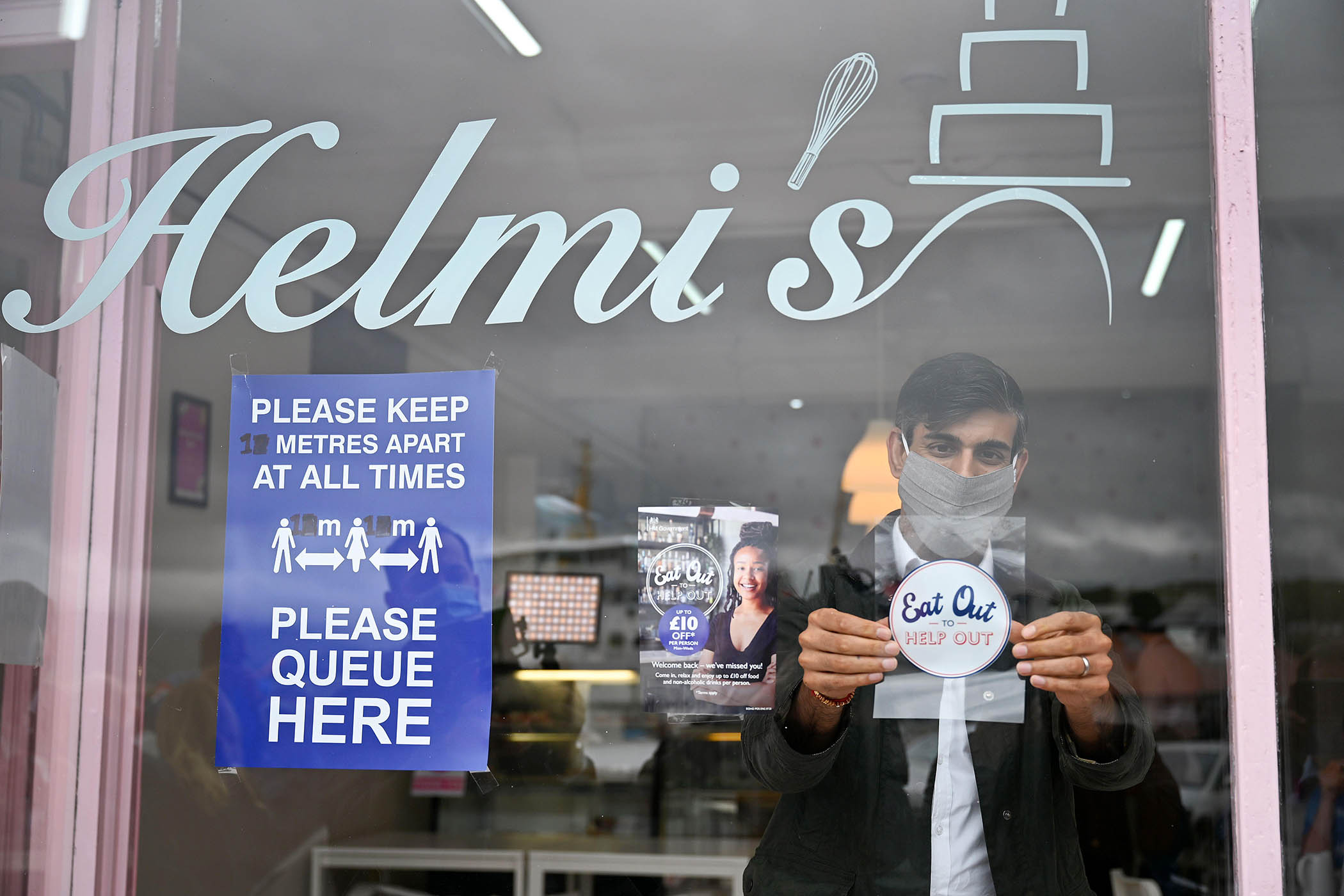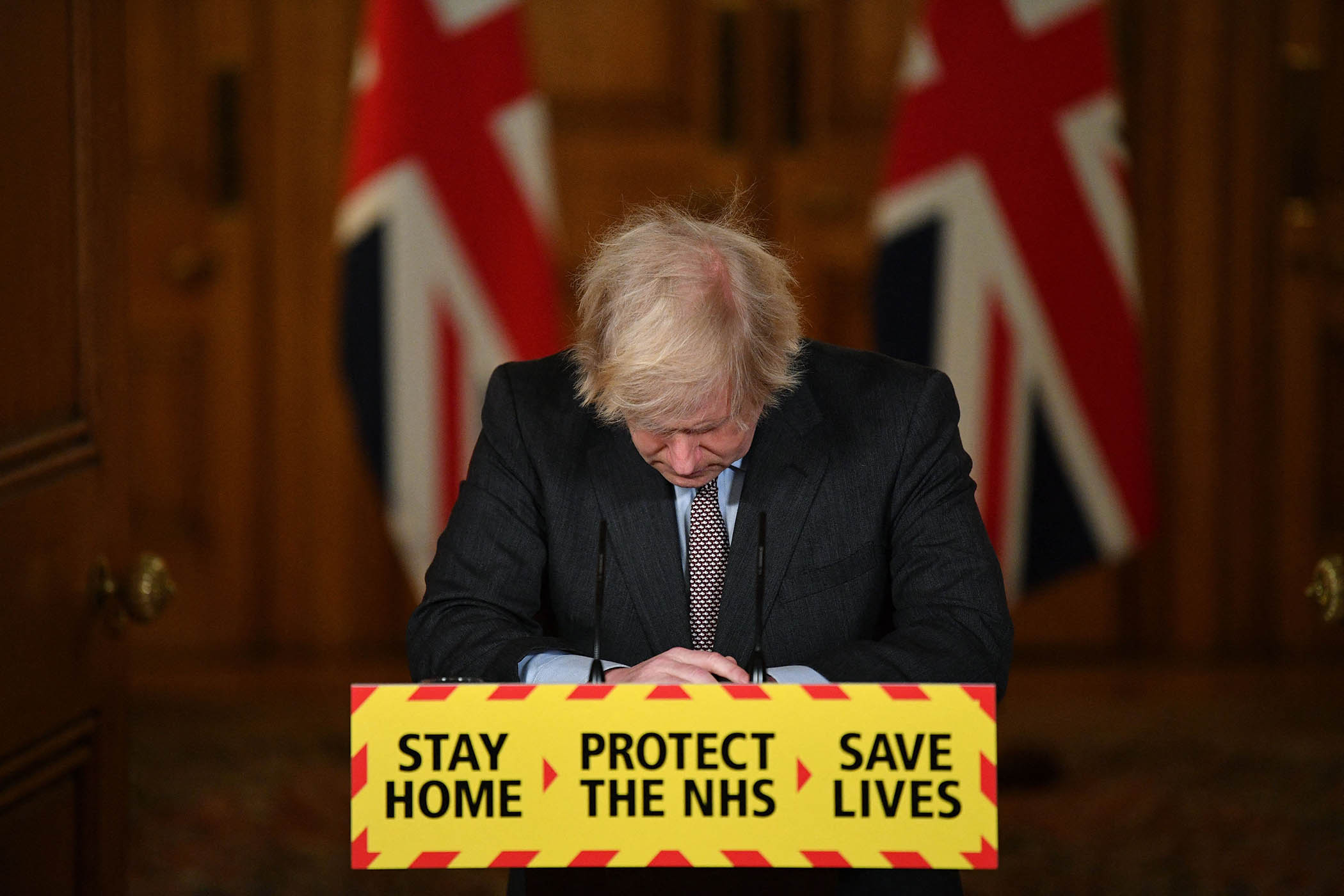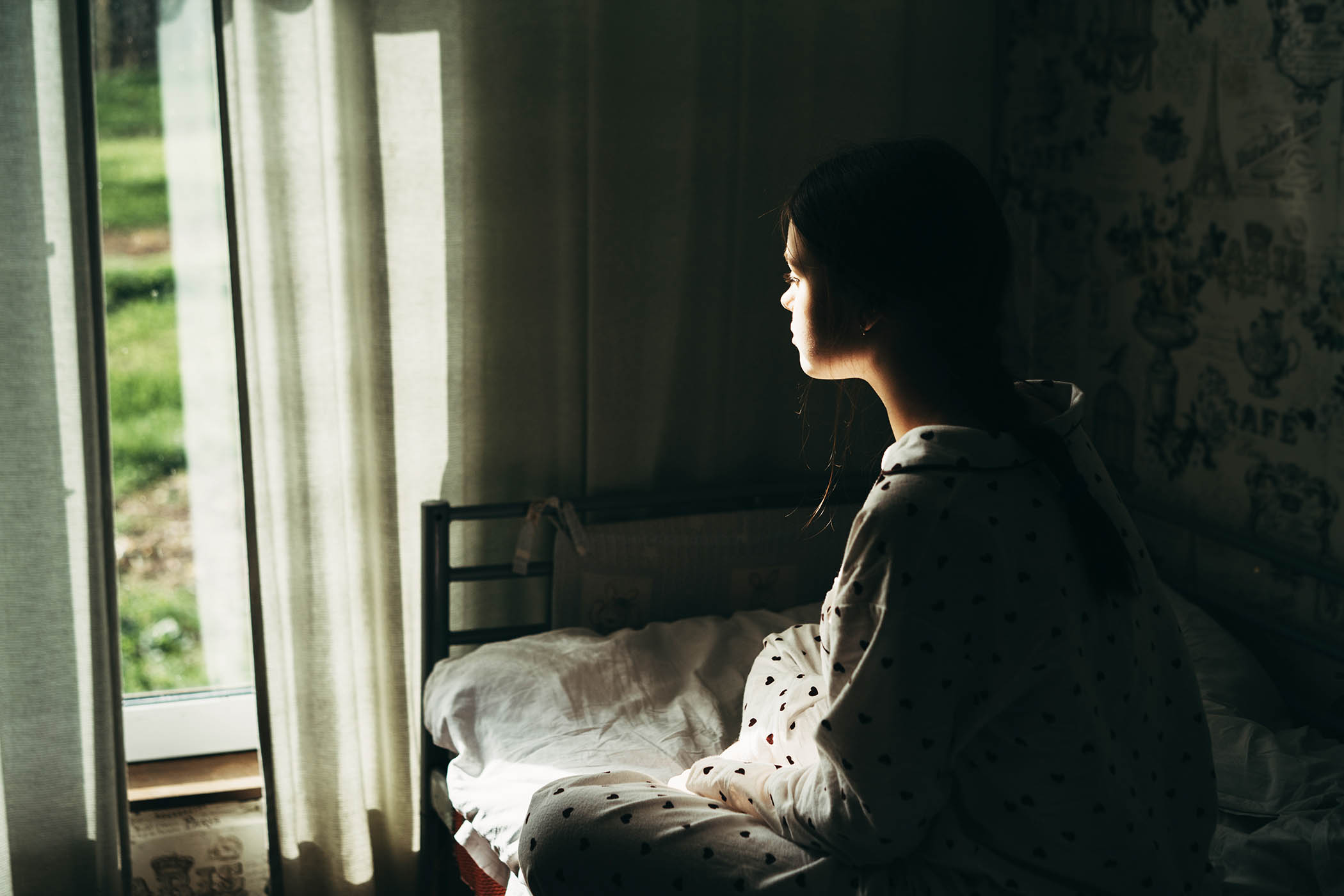On 24 January 2020 one of the UK government’s most senior advisers on viral threats warned that early reports of a new epidemic spreading across central China left “no room for complacency”. Even for governments halfway round the world, Prof Peter Horby wrote in the Lancet, “the time to act is now”.
Ten months later, Covid-19 had killed nearly 55,000 people in the UK alone. Of those, according to the second official report of the Covid inquiry, 23,000 could have been saved if the country had gone into lockdown a week earlier. By mid-October, Boris Johnson’s chief strategist was calling the government’s Covid response “a shitshow” and warning in vain that the most important lesson of the first wave of infection had not been learned in time for the second.
“We should have gone a month earlier,” Dominic Cummings said.
It has taken five years and £200m to reach this first formal reckoning with the government’s Covid response: retired Court of Appeal judge Heather Hallett’s 800-page report, published last Thursday. In that time its after-effects have rippled through the economy and society and successive governments have sought to shape early drafts of the British history of the pandemic.
In an article in the Daily Mail yesterday, Johnson wrote: “I remain full of regret for the things the government I led got wrong and full of sympathy for all those who suffered.”
But he described Baroness Hallett’s report as “hopelessly incoherent” and accused her of “breathtaking inconsistency”. He claimed “more than three years after the end of the pandemic, they are still wrangling about what went wrong”. Johnson set up the inquiry. His preferred narrative is of mistakes made and owned up to early on as the government stumbled into uncharted territory, followed by bold and farsighted decisions, especially in the race for an effective vaccine. The report tells a different story, in three acts: the first lockdown, its long tail, and its sequels. Drawing on the desperate language of the protagonists, it relates their descriptions of “terrible errors” and “fucking up” at the heart of government; of a prime minister misled by his advisers but also by his own biases; a health secretary who “overpromised and underdelivered (and proved an unreliable witness at the inquiry); a dysfunctional Cabinet Office; and a “toxic and chaotic” work culture in Downing Street, where a top civil servant said Johnson’s entourage was “basically feral”.
The chronology is instructive. Central to Johnson’s defence of his record is his claim to have been forced by Covid into an “appalling balancing act” between saving lives and livelihoods. Like all governments forced to confront the virus, he faced difficult trade-offs, but good information was available to those paying attention.
Johnson’s health secretary, Matt Hancock, falsely told the inquiry that until April 2020 the scientific consensus was that Covid could not be transmitted asymptomatically – by carriers unaware they were infected and outwardly in good health. In fact, Prof Chris Whitty, the government’s chief medical officer, told Hancock personally on 28 January there was already credible evidence of asymptomatic transmission in Germany.

Rishi Sunak places an Eat Out to Help Out sticker during a visit to Rothesay on the Isle of Bute, Scotland
Over the next six days, ministers were told the country was at risk of “an epidemiological human catastrophe on a scale not seen in the UK for a century”. Johnson was briefed on this risk twice, on 4 and 10 February, but by the middle of the month the message still wasn’t getting through. Cummings told the inquiry that far from ringing alarm bells, civil servants in the Cabinet Office were “going skiing”. Johnson did not host a crisis meeting dedicated to Covid until 2 March and the next day infamously told reporters in a hospital: “I shook hands with everybody.”
In his defence, the country’s first Covid death was not reported until 5 March, but by that time the terrifying logic of “doubling” had taken hold. Case numbers were doubling faster and faster, but with next to no testing capacity there was no way of mapping the spread of the virus.
Newsletters
Choose the newsletters you want to receive
View more
For information about how The Observer protects your data, read our Privacy Policy
Prof Patrick Vallance, the government’s chief scientific adviser, estimated the speed of its spread instead. On 12 March he told Johnson the UK was four weeks behind Italy, where the daily death toll was in the hundreds even though much of the country’s north was already in lockdown.
For some, the gravity of the situation sank in at a meeting of the Sage scientific advisory group the next day. For Helen MacNamara, deputy cabinet secretary, it was at a Department of Health meeting after which she told Cummings and others: “I think we are absolutely fucked. I think this country is heading for a disaster. I think we are going to kill thousands of people.” She was right, but Johnson waited another 10 days before announcing the first lockdown.
Testifying to the inquiry two years ago, he apologised to victims’ families and said he “should have twigged” much sooner that the virus was a large-scale killer. elaying the lockdown meant it had to be longer than it might have been, exacerbating what the report calls “hidden harms” – including higher levels of depression, domestic abuse and behavioural and learning problems for a generation of school-age children.
The report makes clear Johnson drew the wrong lesson from the first lockdown by delaying those of November 2020 and January 2021. It says he vacillated in September and October 2020 and cites two sources who claim they heard him say he would rather “let the bodies pile high” than order a second lockdown.
“What he should have learned is what Patrick Vallance said in his evidence,” says a senior NHS consultant who played a key coordinating role during the pandemic. “In the face of a pandemic on this scale you have to go earlier with restrictions than you want to, harder than you want to, and broader. That’s the lesson.”
Two years of hearings and 800 pages of findings say Johnson learned it much too late.
Photograph by JUSTIN TALLIS/POOL/AFP via Getty Images



